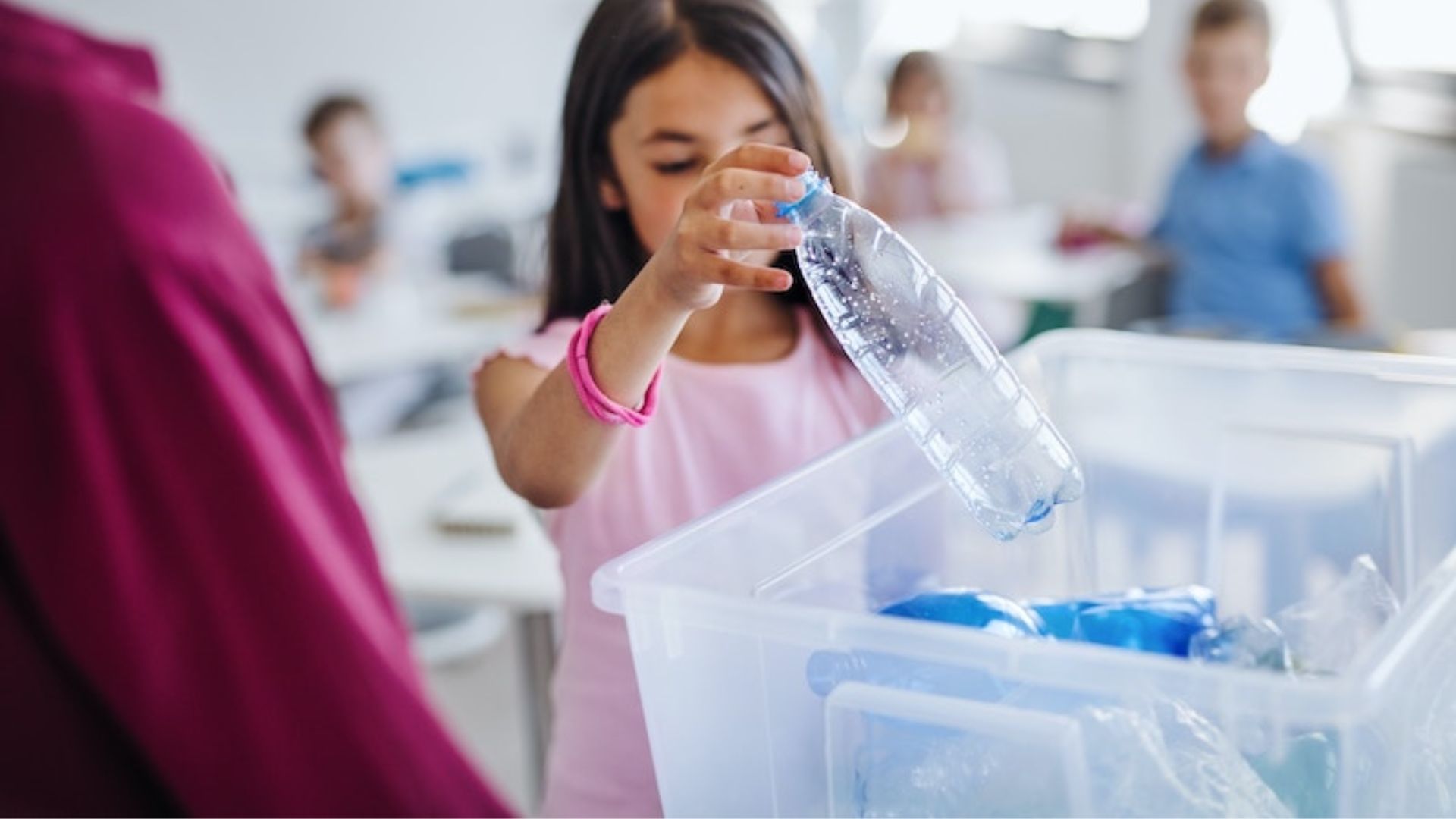Recent research has stirred significant discussion about the potential link between plastic chemicals and autism spectrum disorders (ASD). As plastic products become increasingly ubiquitous in our daily lives, concerns about their impact on health, particularly on developmental conditions like autism, have gained traction.
A new study aims to clarify whether exposure to chemicals commonly found in plastics might contribute to the development of autism. This research builds on previous findings suggesting that certain plastic additives, such as phthalates and bisphenol A (BPA), may disrupt endocrine functions and impact neurodevelopment.
Key Findings of the Study
The study involved analyzing data from a large cohort of pregnant women and their children, focusing on the levels of plastic chemicals in their environment. Researchers employed advanced analytical techniques to measure chemical exposures and their correlation with autism diagnosis.
One of the significant findings is that elevated levels of specific plastic chemicals were associated with a higher risk of developing autism. For instance, phthalates, which are used to make plastics more flexible, and BPA, a component of many plastic products, were found in higher concentrations in the urine of mothers who had children diagnosed with ASD.
However, the study also emphasizes that while there is an association, it does not establish a direct causative link. Autism is a complex condition influenced by a range of genetic and environmental factors. The research suggests that plastic chemicals could be one of many contributing factors, rather than a sole cause.
Mechanisms of Influence
The researchers propose several mechanisms through which plastic chemicals might influence neurodevelopment. Phthalates and BPA are known to interfere with hormone regulation, which plays a crucial role in brain development. Disruptions in these hormonal pathways during critical periods of development could potentially affect neurodevelopmental outcomes.
Public Health Implications
The study’s findings highlight the need for further research to understand the full extent of the relationship between plastic chemicals and autism. It also underscores the importance of regulating and minimizing exposure to potentially harmful substances.
For the public, the study serves as a reminder to consider reducing exposure to plastic products, especially those that are known to contain harmful chemicals. Choosing products labeled as free of phthalates and BPA, using alternatives such as glass or stainless steel, and being mindful of plastic usage can contribute to a healthier environment.
Conclusion
While the new study offers valuable insights into the potential links between plastic chemicals and autism, it also reinforces the complexity of autism as a multifactorial condition. Continued research is essential to unravel the intricate interactions between environmental exposures and genetic predispositions. In the meantime, increasing awareness and adopting safer practices can help mitigate potential risks associated with plastic chemicals.







